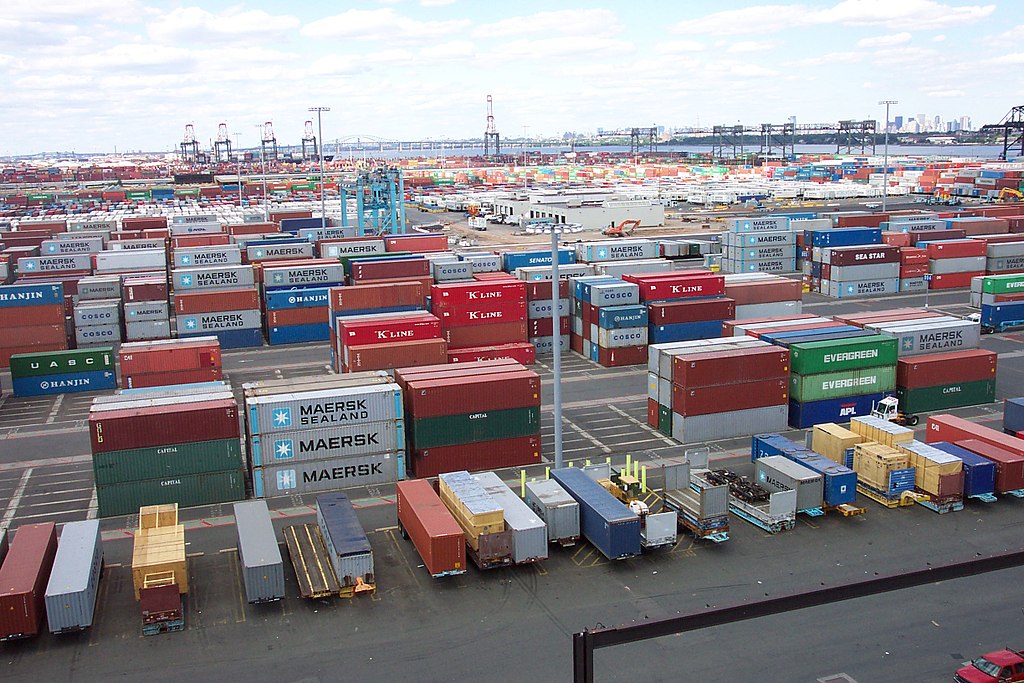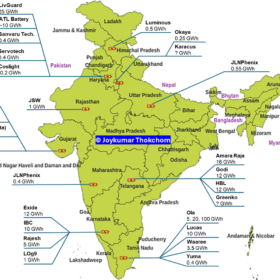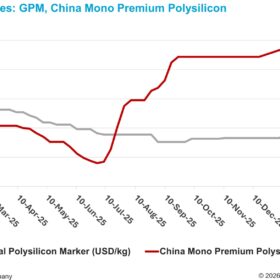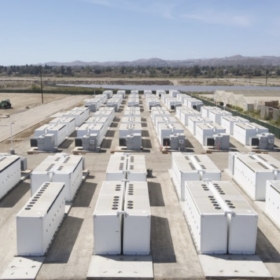A recommendation by India’s Directorate-General of Trade Remedies (DGTR) to extend the import duty leveled on Chinese, Vietnamese and Thai solar products by a year, at a rate of around 15%, has failed to satisfy domestic manufacturers who wanted a four-year extension.
Hitesh Doshi, chairman of the All India Solar Industries Association, and chairman and managing director of Indian solar manufacturer Waaree Group, told pv magazine the Indian solar module manufacturing industry supports a record level of direct and indirect jobs. He added: [A] 15% duty is not enough to stop dumping [of foreign solar products] in our country … We are looking forward to more tariff and non-tariff base barriers to stop dumping in our country.”
DV Manjunatha, founder and managing director of fellow module manufacturer Emmvee Group, told pv magazine: “With this duty, still [the] China prices are very low. In addition to the safeguard duty on modules, basic customs duty of a minimum of 30-40% has to be levied. Besides, the government should provide pass-through benefits [protecting against future duty and tax rises at the point of placing orders] to developers even if they buy the modules from Indian manufacturers, which is crucial. If the same is not provided, then introducing the safeguard and basic customs duty has no meaning. Without this benefit, India’s forex [foreign exchange] outflow will continue at $50 billion [Rs 3.74 lakh crore] in the next two years, despite any duty.”
One-year
The Ministry of Commerce & Industry’s DGTR investigated the effects of the safeguarding duty and concluded rising volumes of imported east Asian solar cells are continuing to force Indian solar manufacturers to operate factories at reduced production capacities.
With Indian companies having already had two years of duty protection to adapt, however, the DGTR has recommended extending the levy for just one year from the end of this month, at a rate of 14.9% from Thursday next week, falling to 14.5% six months down the line.
The verdict will divide opinion among Indian solar petitioners such as Mundra Solar PV, Jupiter Solar Power and Jupiter International who had asked the DGTR, via the Indian Solar Manufacturers Association, to extend by four years a duty which is set to expire on Wednesday next week. The duty was introduced by the government in July 2018, at a rate of 25%, and fell to 20% on July 30 last year and 15% on January 30. It was initially levied on Chinese and Malaysian products as it terms were linked to import volumes. With imports from Malaysia having fallen dramatically since then, it is now Chinese, Vietnamese and Thailand-made products which come under its scope.
Decision
Announcing its recommendation, the DGTR said: “The domestic industry is continuing to suffer a serious injury, which is evidenced from an overall consideration of its performance, particularly based on its capacity utilization; which is sub-par considering the demand of the product; increasing levels of inventory; and negative profitability. Though the domestic industry has improved its production and sales and reduced its losses, its position continues to be fragile and would relapse into a further serious injury if the safeguard duty is discontinued.”
The organization added: “Imposition of safeguard duty would be in [the] public interest because it will prevent complete erosion of [the] manufacturing base of [the] solar industry in the country, which has made substantial investments.”
Solar cell and module import volumes jumped to 9.79 GW in 2017-18, from 6,375 MW in 2016-17. The figure fell to 8.01 GW in 2018-19 after the duties were introduced. “But this decline in imports was short-lived,” stated the DGTR, “as the import volume for the most recent period – i.e. 2019-20 (annualized – actual data [available only up to] September 2019) was 8,754 MW.”
This content is protected by copyright and may not be reused. If you want to cooperate with us and would like to reuse some of our content, please contact: editors@pv-magazine.com.









It is obvious India neexs to make its own Solar Ingots, Wafers, Cells & Panels and do it tgd way it is done by The Communist Party of China.
“Just build and produce”…. we will “take care of you”…. in other words… sales and market share is needed…. not profit/losses.
The recent “bankruptcies and restructing” in China confirms this 100%. If these organizations were making a profit…. why this “MASS REORGANIZATION” in the Solar Industry in China… may I ask….???
It is obvious India needs to make its own Solar Ingots, Wafers, Cells & Panels and do it the way it is done by The Communist Party of China.
“Just build and produce”…. we will “take care of you”…. in other words… sales and market share is needed…. not profit/losses.
The recent “bankruptcies and restructing” in China confirms this 100%. If these organizations were making a profit…. why this “MASS REORGANIZATION” in the Solar Industry in China… may I ask….???